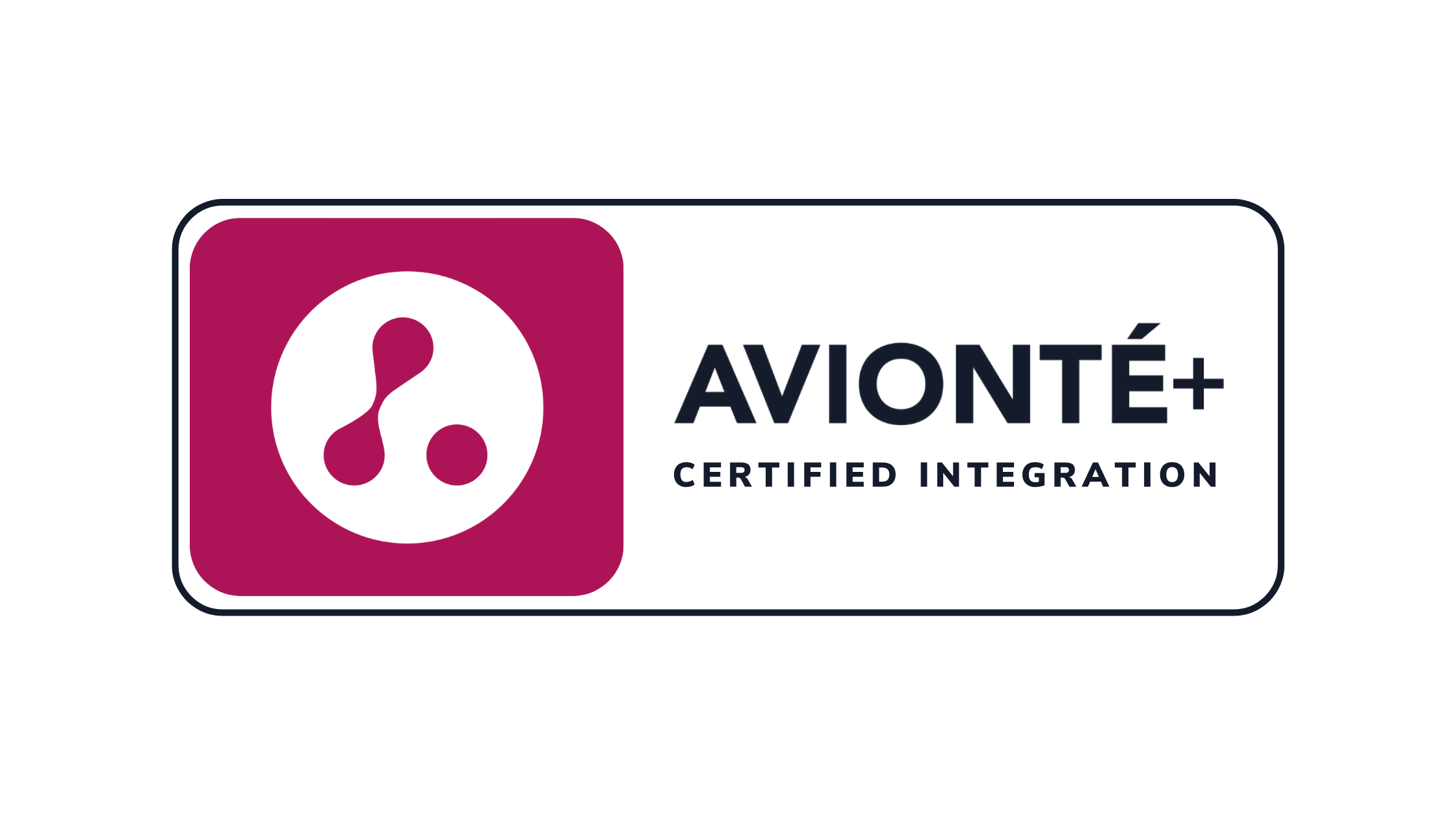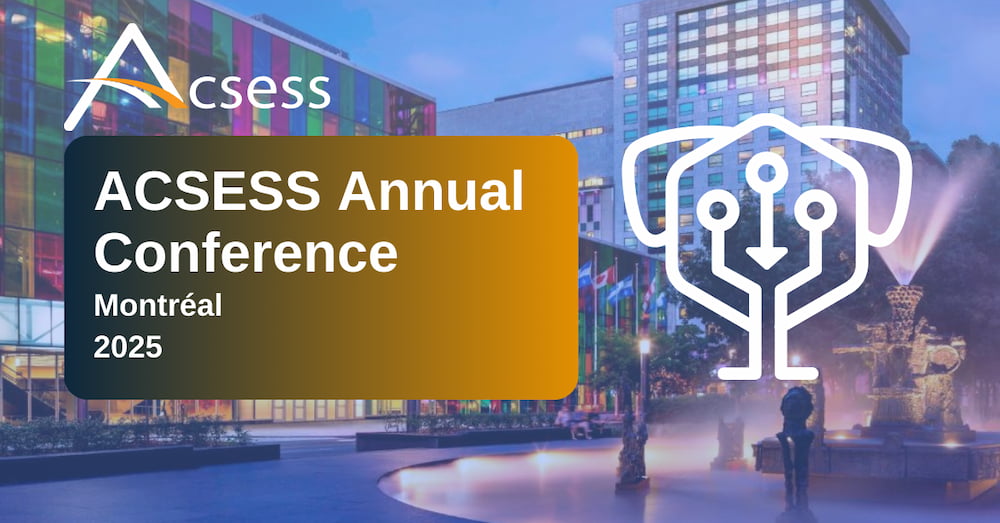How the EU AI Act Changes Recruitment and What Employers Need to Know
The EU AI Act is the first law of its kind to regulate how AI is used in the EU. Its goal is to make sure AI systems are safe, fair, and transparent, breaking down AI into four risk levels: unacceptable risk, high risk, limited risk, and minimal risk. For recruitment and employment decisions, AI systems used are in the high-risk category, which means strict rules apply.

The EU AI Act is the first law of its kind to regulate how AI is used in the EU. Its goal is to make sure AI systems are safe, fair, and transparent, breaking down AI into four risk levels: unacceptable risk, high risk, limited risk, and minimal risk. For recruitment and employment decisions, AI systems used are in the high-risk category, which means strict rules apply.
What Is the EU AI Act?
The EU AI Act is the first law of its kind to regulate how AI is used in the EU. Its goal is to make sure AI systems are safe, fair, and transparent, breaking down AI into four risk levels: unacceptable risk, high risk, limited risk, and minimal risk. For recruitment and employment decisions, AI systems used are in the high-risk category, which means strict rules apply.
Moreover, under the EU AI Act, any AI tool that can impact someone’s career whether it be for hiring, firing, or promotion—is labeled under this category. This includes tools that scan resumes, rank candidates, use AI-powered voice agents for candidate interviews, or evaluate employee performance.
The law is designed to prevent harm and protect people from unfair and unjustified treatment due to AI systems that might unintentionally create bias or discrimination. It doesn’t only apply to companies based in the EU, but also to any company that uses AI to hire or manage employees in the EU, even if that company is located somewhere else.
What the EU AI Act Means for Recruitment
AI is a growing adoption in recruitment used to automate time intensive/manual tasks like screening resumes, shortlisting candidates, and conducting initial interviews. While this speeds things up, it also introduces grave risks around bias and transparency, that companies must actively manage to stay compliant and fair.
Here’s how the EU AI Act affects recruitment specifically:
- Transparency: You need to let candidates know when AI is part of the process. If AI is used to assess qualifications or rank resumes, candidates have the right to know.
- Record-Keeping: It’s essential to keep detailed records of how decisions were made. If a candidate is rejected based on certain criteria, it must be logged in case of future audits or complaints.
- Bias Prevention: Companies must ensure that AI doesn’t introduce bias. For example, if an AI tool is trained on biased data, it could favour certain groups over others. The EU AI Act requires you to actively find and correct these issues.
- Human Oversight: AI tools can’t be left to make decisions on their own. Human involvement is required, especially at key decision points. (e.g., after AI ranks candidates, a human should review those rankings before making a final decision.)
- Accountability: If the AI makes a mistake or discriminates, the company is held responsible. The law ensures that you remain in control and accountable for the tools you use.
Think of it like this: AI is a tool to help you, but it’s up to you to make sure it’s used in a way that’s fair to everyone.
How HeyMilo Helps You Stay Compliant with the EU AI Act
HeyMilo is an AI voice agent that can interview and evaluate candidates at scale, and is designed to provide a transparent and bias-free evaluation of candidate’s fit for a role. See below for how HeyMilo adhere’s to the EU AI act:
- Full Transparency: HeyMilo logs the entire experience for review by a recruiter or hiring manager so you always have a clear record of how candidates were ultimately interviewed. Furthermore, a comprehensive breakdown of how a candidate was scored is provided. This makes it easy to provide the necessary documentation for audits and internal reviews.
- Full Customization and Control: Those administering HeyMilo are ultimately in control of what questions are asked by the AI agent and also how candidates will be evaluated. Think of HeyMilo simply scaling your current recruiting team. You stay in control of every key part of the process.
- Content-Based Candidate Evaluation: Candidates are scored based on a transcription of their responses, ensuring the content of their responses are the primary determinant in how they are evaluated. HeyMilo does not incorporate accents, facial expressions, race, gender, etc. in how it evaluates a candidate.
- HeyMilo’s Safeguards: HeyMilo is both SOC 2 Type 1 and GDPR-compliant, ensuring that candidate data is handled with care, securely stored, and protected throughout the hiring process. We undergo third-party audits, maintain data encryption standards, and regularly assess our AI systems for fairness, accuracy, and compliance.
Ensuring Fairness in AI-Powered Interview Screening
Imagine if a candidate applied for a role at your company. They’ve passed the resume stage and are excited about their interview. But during the video interview, your AI interviewer evaluates their tone, body language, and speech patterns, ranking them lower simply because of their accent or cultural mannerisms. Maybe the candidate speaks with a regional accent or gestures differently due to cultural norms. Despite being fully qualified, the system ranks them lower based on these factors. The candidate never knows why they weren’t selected and walks away feeling discouraged, and your company loses out on a great hire without even realizing it.
Under the EU AI Act, this type of AI-driven process is flagged as high risk due to its potential to unfairly impact candidates. What matters is what they bring to the role — this means looking at their skills, problem-solving abilities, and how they approach challenges. This is how HeyMilo helps you navigate AI-driven recruitment with transparency and fairness, in a compliant manner. By focusing on the content of candidates' responses rather than visual cues like body language or tone, and keeping employers in control, you ensure a fair and unbiased hiring process.

Why Compliance Matters
Failing to comply with the EU AI Act can lead to massive fines up to €35 million (about $37 million USD) or 7% of global turnover.
But beyond the financial consequences, non compliance greatly diminishes trust. Candidates come to you expecting a fair hiring process, and when they apply for a job, they’re putting their trust in your company. They assume they’ll be treated with respect and evaluated based on their skills—not based off an algorithm’s bias. If candidates feel that AI decisions are unfair or biased, it could harm your company’s reputation and make it harder to attract top talent in the future. People share their negative experiences publicly, and that can have a lasting impact.
Whether your company is based in the EU or hiring for roles involving EU candidates, HeyMilo is here to help you stay on top of these regulations while fully benefiting from AI candidate screening in your recruitment process. We make sure your hiring stays efficient, fair, and transparent, without the stress of navigating compliance alone — so you can feel confident giving every candidate an equal and genuine opportunity.
Yes, when it comes to interviews, we utilize an active proctoring layer, an AI-classifier, and more to detect cheating. We provide a trust score that indicates the likelihood of cheating.
Candidates are appreciating the ability to go beyond their resume and interview in a more interactive/adaptive manner compared to one way video interview software. We also have an average candidate satisfaction score of 4.6/5 - which highlights HeyMilo's conversational AI.
Questions can be configured with an objective evaluation criteria - so candidates are evaluated the way your recruiting team currently evaluates candidates.We additionally run 3rd party bias audit checks so with HeyMilo, you're leveraging ethical AI.





.webp)



